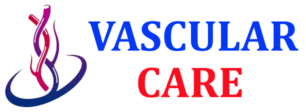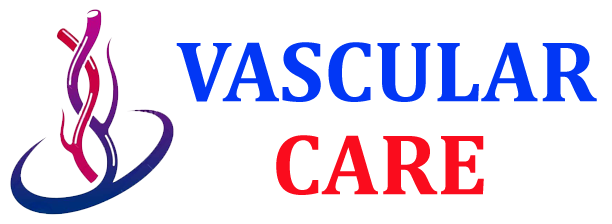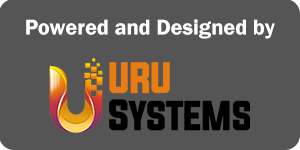Chronic Venous Disease
What is Chronic Venous Disease?
Chronic venous disease (also called chronic venous insufficiency) occurs when the walls or valves of leg veins are not working effectively, causing blood to pool in the legs. As many as 40% of people in the U.S. have chronic venous disease. The condition is common in individuals over 50 and more prevalent in women than in men.
Learn more about the signs and symptoms of chronic venous disease, screening, preventative steps, and the treatments we offer to help get you back to normal life.
Causes Of Chronic Venous Disease
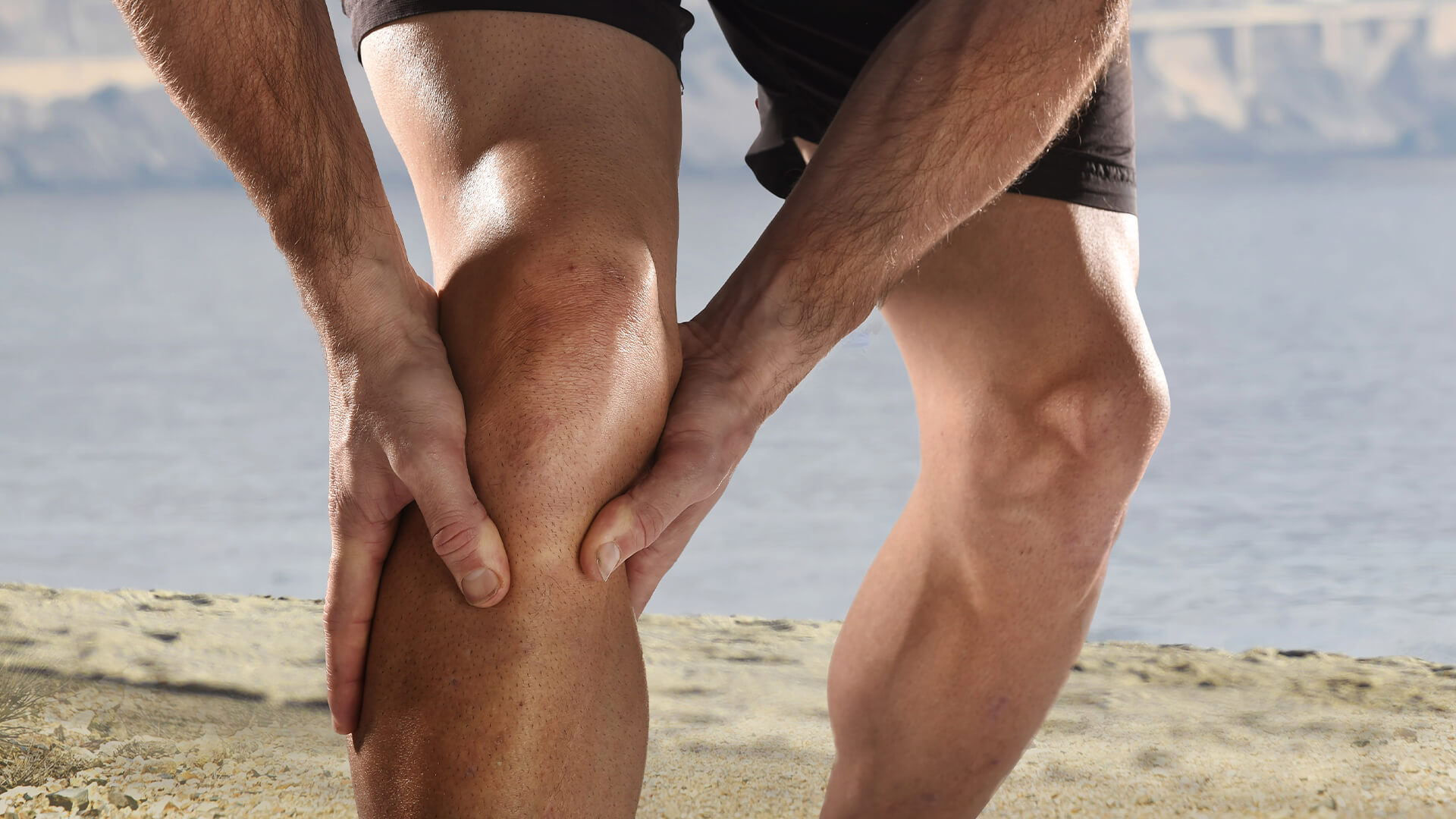
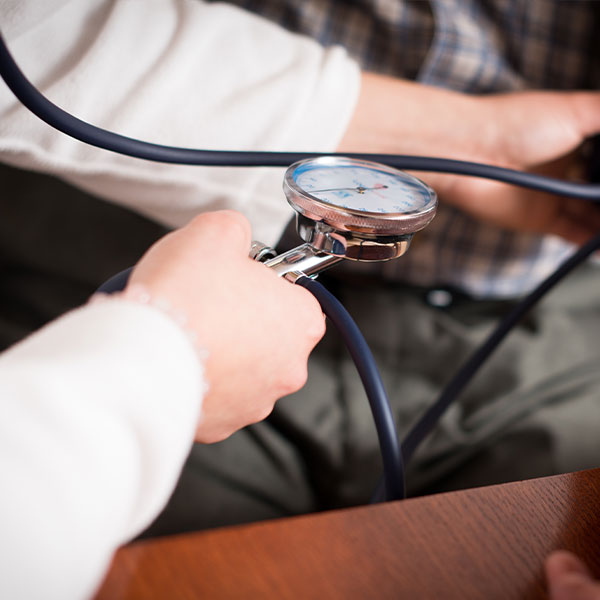
Risks
Certain risk factors may make you more likely to develop chronic venous disease:
- Age
- Family history
- Smoking
- Deep vein thrombosis (DVT)
- Varicose veins
- Obesity
- Pregnancy
- Sedentary lifestyle
Signs & Symptoms Of Chronic Venous Disease
Signs and symptoms of chronic venous disease that you or your doctor may notice include:
- Swelling or tightness in the lower legs and ankles, especially after long periods of standing
- Leg aching or tiredness
- Leg cramps or muscle spasms
- Skin changes on the legs or feet, such as darkened color, flaking, itching, or leathery-looking skin
- Leg ulcers or skin wounds
- New varicose veins (spider veins)
- Cellulitis (skin infection)
If you are experiencing symptoms of chronic venous disease, seek treatment early by scheduling a screening in order to avoid more serious complications.
Diagnosis Of Chronic Venous Disease
Complications Of Chronic Venous Disease
The symptoms, complications, and treatments for chronic venous disease become more complicated as the condition progresses, so it’s important to seek treatment right away if you notice any symptoms.
Left untreated, the venous pressure and swelling increase to the point that capillaries (tiny blood vessels) burst, causing skin discoloration, sensitivity, and inflammation. In serious cases, this can lead to ulcers, infection (cellulitis) and even internal tissue damage.
Treatment Of Chronic Venous Disease
Vascular and Interventional Specialists offers minimally invasive, outpatient procedures to treat chronic venous disease and help avoid more serious complications:
- Sclerotherapy – A medicine or chemical solution (such as Verithena® or VenaSeal®) is injected into the affected veins, causing them to collapse and disappear.
- Radiofrequency ablation – A catheter emitting high-frequency radio waves is inserted into the affected veins, closing the veins and improving blood flow
Prevention Of Chronic Venous Disease
Preventative measures, including lifestyle changes, can help reduce your risk of developing chronic venous disease:
- Get plenty of exercise, especially walking
- Stop smoking or using tobacco
- Eat a healthy, balanced diet
- Maintain a healthy body weight
- Watch for skin changes in the lower legs and feet
In addition to these preventative steps, other measures can help treat early stages of chronic venous disease, improve blood flow in the legs, and help prevent leg ulcers:
- Avoid sitting or standing for long periods
- Elevate your legs while sitting or lying down
- Wear compression stockings
- Avoid wearing restrictive clothing like tight belts
- Practice good skin hygiene
- Treat skin infections with antibiotics as needed
Please Call Your Vascular Specialist to Schedule an Appointment
VIS is here to help. If you are at risk for Chronic Venous Disease or have experienced one or more of the signs & symptoms, please reach out to schedule a screening. We’ll walk this journey with you.
Contact us or call +923174123373 to schedule an appointment.
If you are experiencing chest pain or tenderness, back pain, persistent hoarseness when speaking, cough or shortness of breath, difficulty breathing, weakness or paralysis on one side of the body, sharp pain in your upper back that radiates downward, or pain in the chest, jaw, neck, or arms, seek urgent medical attention by dialing 911.
